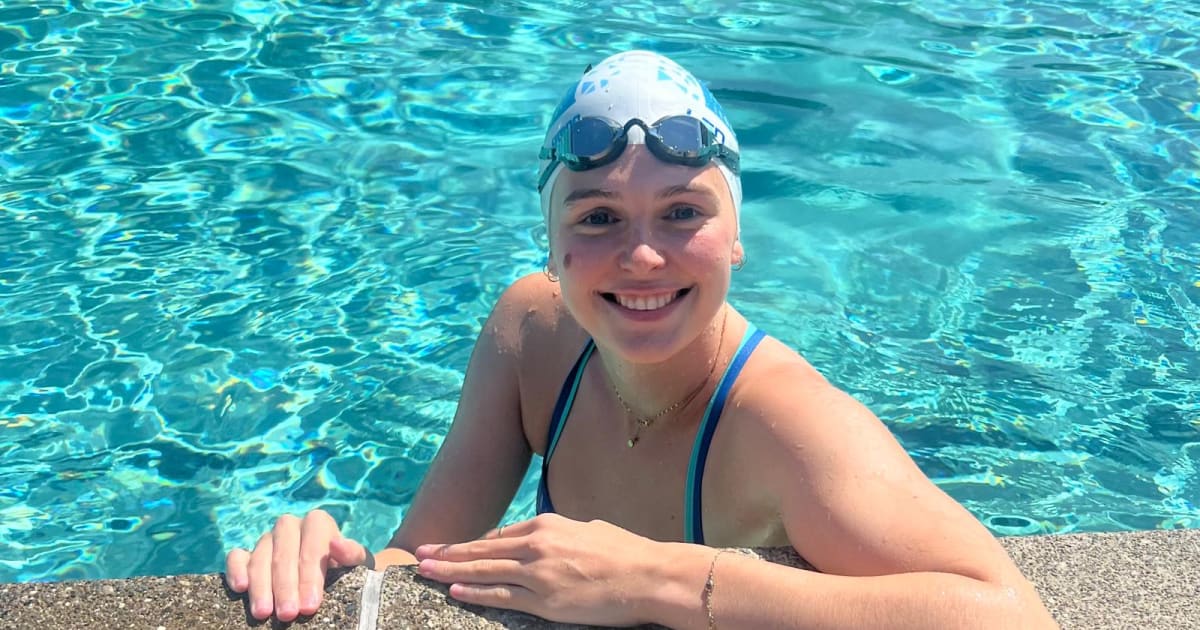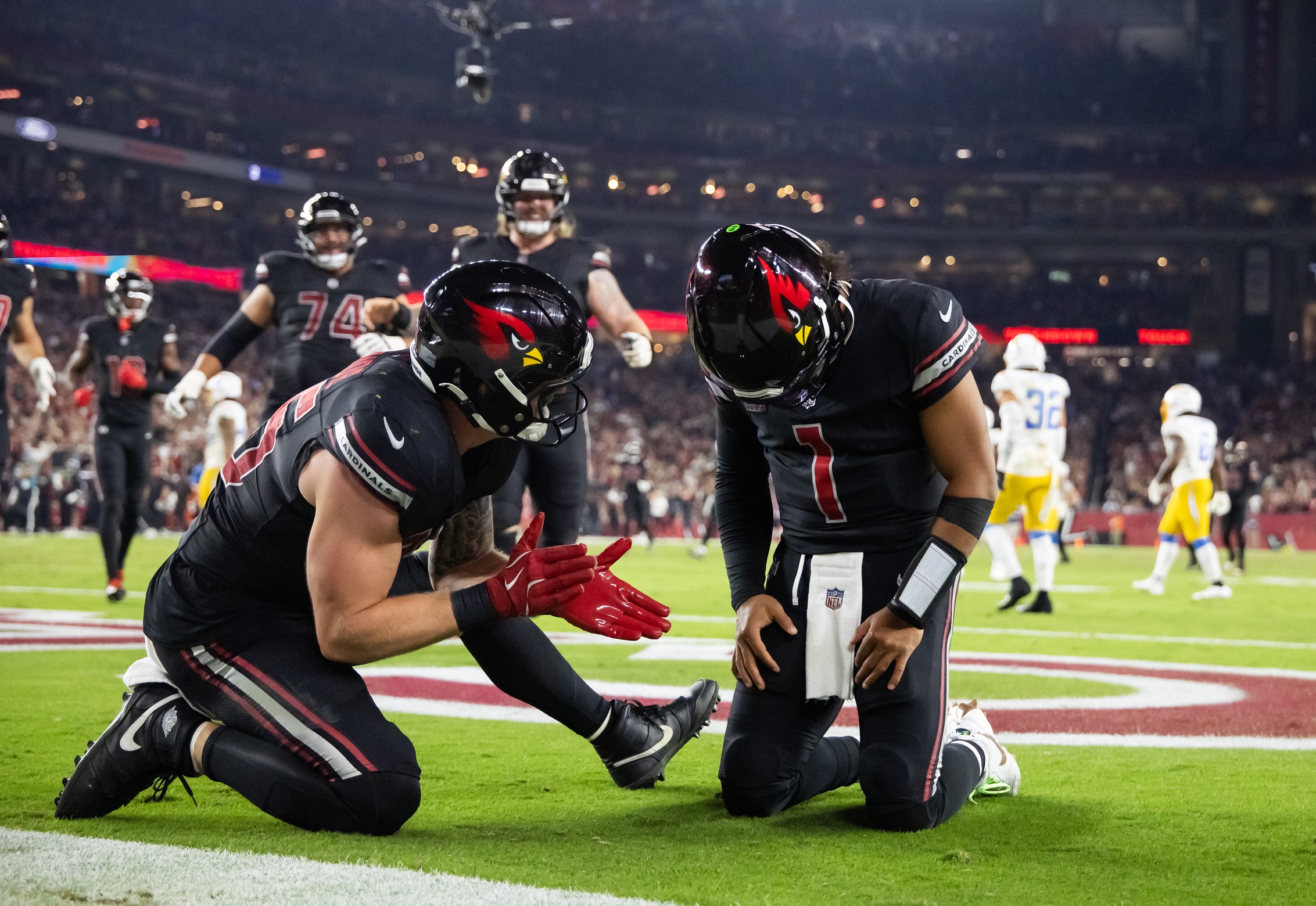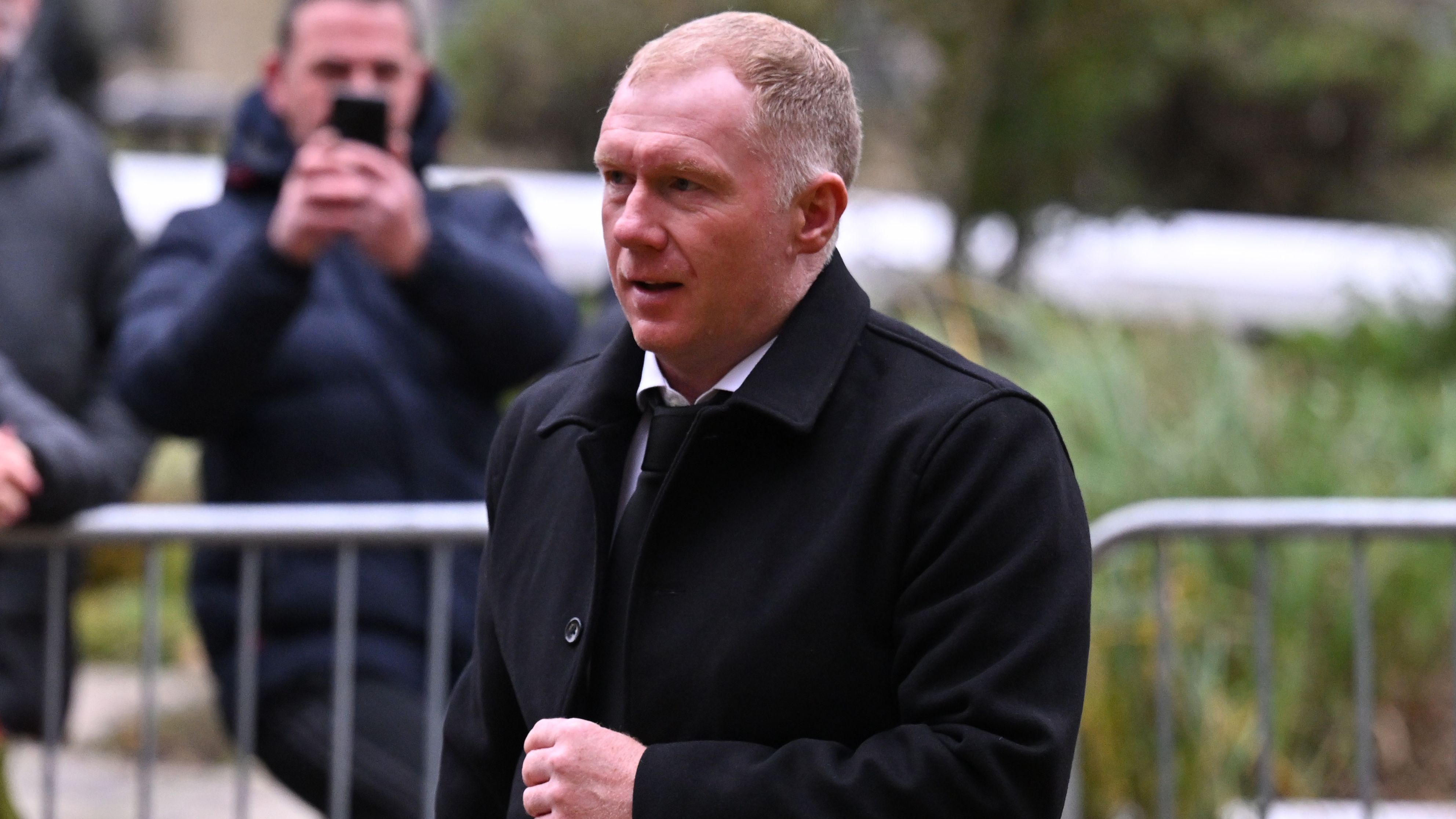Elise Hedley: How I overcame burnout as an elite athlete on the road to LA 2028

What is it like to hate the sport of your life, close to the point of no return?Elise Hedley knows that feeling too well. The British-French competitive swimmer stepped away from swimming in 2020 with burnout: a state of physical, mental and emotional exhaustion.The 23-year-old had been in the pool since she was two, but for four years, detested the very thought and promised herself that she would never swim again. Her journey back into sport started after Paris 2024, and one year on, she is documenting the return to elite sport on social media.“It all started when I was 14 or 15, but obviously at that time, you don't know what burnout is,” Hedley tells Olympics.com from her base in Dublin, Ireland. “Everyone around me was enjoying swimming, and I came to the realisation that it had been a very, very long time since I actually felt that joy.“I hit burnout, [it] really was one day to the next, ‘I hate swimming, I'm never swimming again.’ I did not swim at all for about a year. Just even getting in a pool, I was absolutely terrified.”Hedley’s journey is not an uncommon one: since posting her first video in September 2025, followers have lauded her transparency about burnout. They are not just athletes, but people outside of the sporting ecosystem too, joining her on the trials and tribulations of overcoming burnout.Let's Move on World Mental Health Day: Healthy body, healthy mind – and a friend to share the journeyElise Hedley on recognising burnout: “I was closing myself up a lot”Born and raised in France, Hedley grew up in the Pyrenees mountains with the choice of three sports: ballet, football, or swimming. She loved the artistic aspect of ballet for 13 years but was judged to be too tall, while one match as a goalkeeper was enough to curtail her football aspirations.Swimming was the natural choice - she veered towards individual sports that provided the opportunity to win - and at age 12, joined the French National Altitude Training Centre in Font Romeu.While the results were there, so was the mental pressure. Too much for anyone to handle, let alone a teenager. Combined with external pressures and physical changes, she reached her limit at 18 and had to act.Hedley explains, “I knew that I was closing myself up a lot. I just completely shut down and didn't want to talk to anyone. That was one of the biggest signs for me in burnout. I also got glandular fever, which was very, very hard because mentally I wasn't doing well, and then physically I wasn't doing great either.“There were no steps that I could have done at that time, and I still now think about it, but hindsight is a great thing. There's absolutely nothing I believe I could have done and did do to prevent burnout. At the time, the education wasn't there on mental health in athletes. The only option for me was to step out, and I'm so grateful that I did.”The Pyrénées-Orientales native paused swimming in February 2020, two weeks before the COVID-19 pandemic hit Europe. She used lockdown to try different activities such as going on runs, playing the ukulele and singing – anything distant from her lifelong sport.Hedley holds no regrets about deciding to step back, albeit amid the challenges that arose. Her parents, neither coming from a sporting background, could not initially comprehend sport-inflicted burnout and had to learn as they went along, while the pandemic intensified the emotional rollercoaster.“Burnout almost prevents you from growing, because you feel like you have no purpose, no joy to experience in life,” she says. “That's really, really tough. It's horrible, I would wish it upon no one. I really had reached the end of the line, and there was no other option to heal than a harsh walk away.”How Hedley got back into the pool, guided by travelling and Eddie the EagleHedley took a four-year hiatus from swimming, and once the pandemic was over, decided to travel the world. She went to study Health and Sport Management in Bath, Great Britain, joined a swimming club in Bern, Switzerland, and spent a few months working in Sydney, Australia.She cites her travels as a key healing factor in recovering from burnout, “Seeing different cultures, different lives, and that joy is actually found in very small things, not actually in big experiences whatsoever.”A trip to Vienna, Austria, with her mother holds particular significance, where she reminisces watching people ice skate and going to Christmas markets. “It was the first time that my mum and I realised that I was happy and it'd been very, very long since that moment happened,” Hedley says.After seeing some of her former teammates in France compete at the Paris Olympics, the 23-year-old decided to try some swimming sessions across the border in Bern. She had overcome the brunt of burnout, was back in the water and suddenly, reinvigorated.She says, “I fell so much in love with it that it came to a point where I thought, 'I either have to go and give it 100 per cent again or not’, and I just could not live with that regret of not trying. So that led me a bit all over the world, and I ended up in Dublin.”The French-born athlete is now sharing her journey on social media with a series called ‘The Comeback Diaries’, answering queries to her combined 6,000 followers on Instagram and TikTok.“I would say it took about four years to understand that I was not just a swimmer,” she explains. “That's really what I'm trying to get across on my platform…I am so much more than just a race that I swim. It’s about sharing my experience in the hope that some people can relate to me and potentially find that inspiring, whether it's someone who is trying for the Olympics again or someone just going out for a 10-minute run.”Hedley lives with two Olympians and trains among many more at the Sport Ireland Campus, something she finds both motivating and intimidating. However, her Olympic inspirations do not come from aquatics: Simone Biles is one, as is ski jumping icon Eddie ‘the Eagles’ Edwards.“Although I wasn't alive, I am so inspired by Eddie Edwards,” Hedley reveals. “That is honestly my absolute inspiration. I've watched the film ‘Eddie the Eagle’ about 50 to 100 times. His story is just so inspiring. If a normal person can do it and really believes in himself 100 per cent, I would love that for that to be the case for me as well.”Elise Hedley, dreaming of LA28: “My heart wants to get there”If Paris 2024 was the catalyst to give competitive swimming another shot, then LA 2028 is the incentive for Hedley to dedicate everything to that goal.She returned to the pool at the start of the new Olympic cycle in August 2024, focusing on the 100m and 200m backstroke events. Though the Pyrenees native is “trying not to think of LA 2028 right now”, it is certainly a driving factor in her journey.“The goal is LA 2028, there's no doubt about it,” says Hedley. “Whether I get there or not, that's a whole different story. But I think I've really found purpose in sharing my story. Until it doesn't make me happy anymore, I will keep going. LA 2028 would be the dream. But if I can bring everyone along with me through the struggles of my day-to-day, I think that's really valuable as well.”Hedley is spoilt for choice when it comes to choosing which of her backgrounds to represent competitively in the near future: she could sport the French tricolore of her birth country, or her mother’s homeland with the British Union Jack.There is another option though. The 23-year-old’s roots also stretch across the Irish Sea, where she has been based since August, to a nation with just as much emotional significance to the Hedley family.“It's quite straightforward: I would love to compete for Ireland,” she says. “My father and my grandfather are Irish. The memory of me swimming in France is obviously a lot tied to burnout. Being able to represent a country where I've come through the other side and I am happy in what I do, I think that's very special. So I would love to compete for Ireland if I have the opportunity.”To define Hedley’s return by her Olympic aspirations does not do justice to theits true significance. She is not aiming to win a medal, though she has held one, the 800m freestyle gold belonging to Daniel Wiffin: “It was nice to actually see what a gold medal is and what it represents. It's not something you'd expect on a Tuesday evening!”What sharing her trajectory represents is an openness about falling out of and back into love with the sport of her life, dealing with the mental weight of elite competition and recognising the moment to step back. Becoming an Olympian may be the destination, but the journey represents so much more than that.“I'm realistic enough to know that that's very far off,” Hedley concludes. “I'd be absolutely ecstatic if I could get to the Olympics. Even if I placed last, that would be absolutely fine by me. I want to get there, my heart wants to get there, and I do believe I can.”











